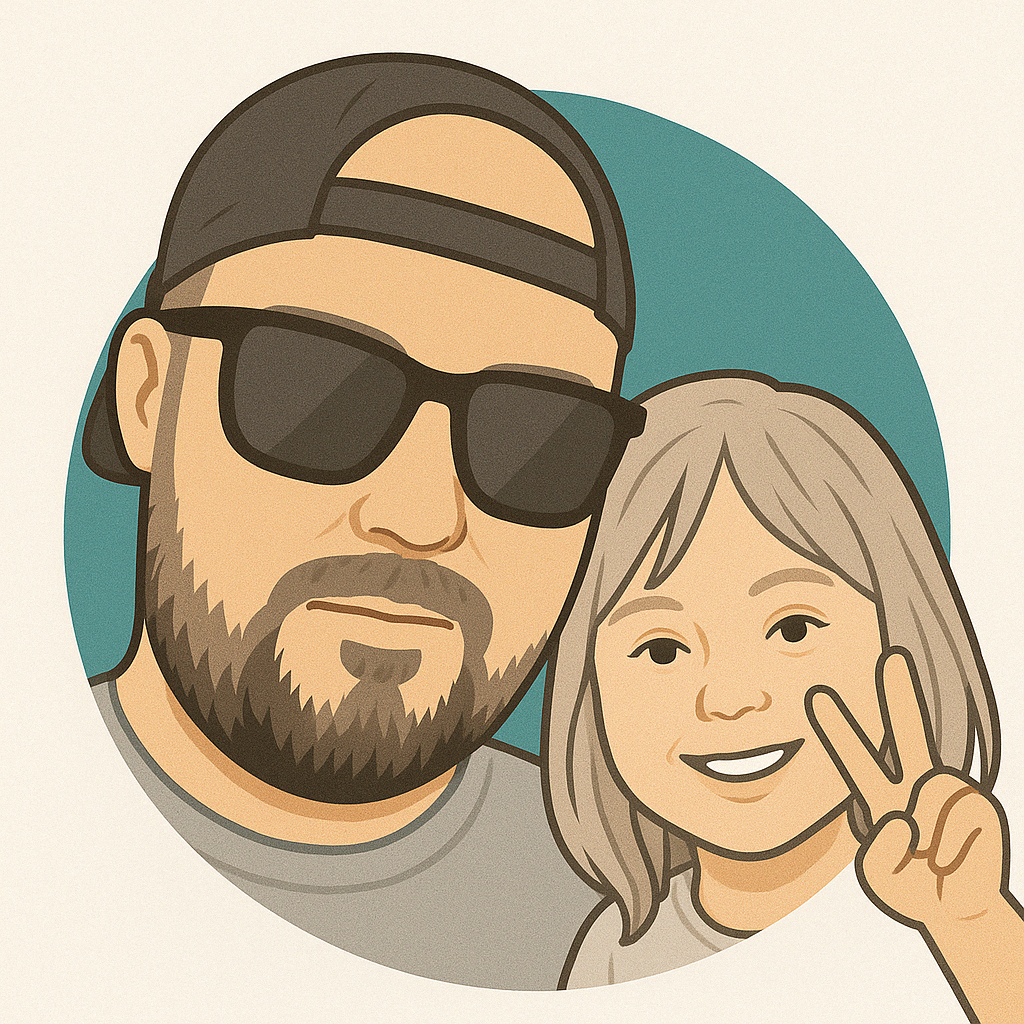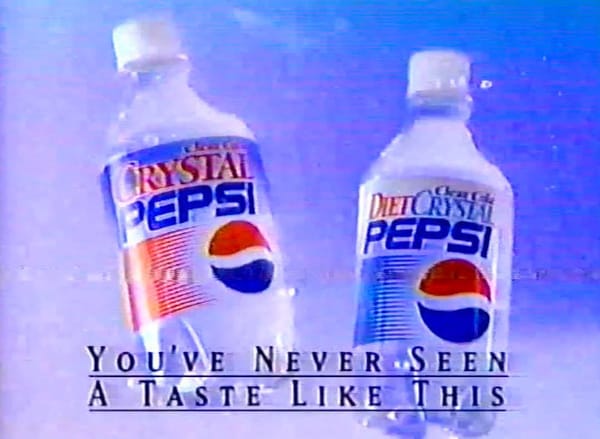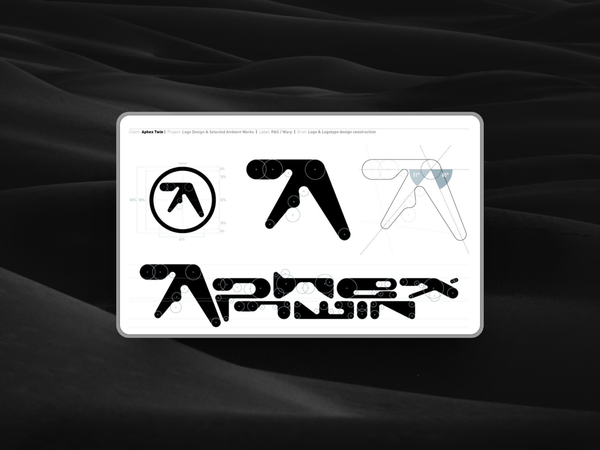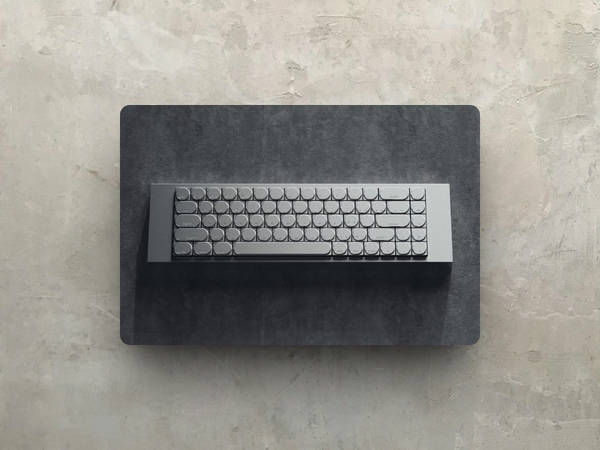When I first started as a web designer, I quickly realised how common speculative work (spec work) was. One agency I worked with, in particular, insisted on including several designed web pages as part of our bids.
Mobile and desktop.
It required a significant amount of time and effort, involving multiple team members, for something that, in the end, might not see the light of day outside of my laptop.
As a junior, I gained a lot of experience creating these designs, but over time, losing contracts started to wear on my morale.
"Were my designs just shit," I'd say to my wife when I got home after 10 hours in the office. It was heartbreaking. Demoralising to the point of questioning my career.
And so that's just the thing with spec work - more often than not it's a call in the dark with no response. An act of desperation dressed up as the norm when conducting business with potential clients.
Undervalued. Underappreciated.
Spec work has long been a contentious issue in the creative industry, especially when it’s dressed up as a competition.
Whether it’s for designing a logo, a poster, or an entire campaign, the premise is always the same: Do the work first, and maybe—just maybe—you’ll get paid.
It’s a model that exploits creatives, devalues their work, and perpetuates a culture of undervaluing professional expertise.
Can you imagine a lawyer working for free in the hope that you'll hire them for the long term? No chance.
So spec work is back in the frame again because of the controversy surrounding Vancouver’s design contest for the 2026 FIFA World Cup.
In a nutshell, the city put out a call for designers to submit their best poster concepts, offering a cash prize for the winner and a pittance for a few runners-up.
On the surface, it might seem like a fantastic opportunity—after all, who wouldn’t want their work associated with a global event like the World Cup?
But peel back the shiny veneer, and it quickly becomes clear why such contests are problematic.
First and foremost, design contests like these fundamentally misunderstand—or worse, deliberately ignore—the value of professional design work. Unlike other professions, creative work is often treated as a hobby or a side gig rather than a serious profession requiring years of skill development, education, and experience.
People will invest countless hours designing what they hope will be the winning submission. And in the end? They're highly likely to receive no payment and just a thank you email for something that stays as a preview printed at home.
"I think really what it comes down to is, unfortunately, art and design still kind of carries with it this baggage of being a pastime or hobby, and isn’t often recognised for its professionalism,” said Matthew Clark, founder of Subplot Design in Vancouver, who shared his concerns with the Vancouver Sun.
I don't want to beat the dead horse further - but this just doesn't happen in other professions.
Imagine asking an assembly of accountants to prepare your tax return for free, promising to pay only the one whose work you liked best. It sounds absurd, right? Yet this is exactly what these contests are doing to designers.
The process is inherently exploitative.
Potentially hundreds of designers are asked to invest time, energy, and creative resources into producing work with no guarantee of compensation. For most, this work will go unrewarded and unrecognised.
It’s a gamble, but one where the odds are heavily stacked against the participants.
Even worse, these contests often attract less established or underprivileged designers who feel they have no choice but to participate, thereby exacerbating existing inequalities in the industry.
Design is a Collaborative Effort
Spec work contests bypass the collaborative, iterative process that is central to good design.
In a professional setting, a designer works closely with a client to understand their needs, develop concepts, and refine them through multiple rounds of feedback. This partnership is where true value is created, not in a one-off submission made under arbitrary constraints.
Design fails to show its value when it's just one person's idea.
The ethical alternative to such contests is simple: Pay for the work you want. If an organisation needs creative work done, they should hire a designer based on their credentials, portfolio, and experience.
It's really that simple.
“And then the goal of, really, how great design happens is that once you have picked a design partner, there’s a dialogue that goes back and forth,” he said. “There’s a relationship that happens," Clark continued.
And he's right.
Engaging in a dialogue, developing a brief, and paying designers fairly for their time and expertise is just right.
This not only respects the designer’s professionalism but also leads to better results—a carefully crafted piece that truly meets the client’s needs, developed through collaboration and mutual respect.
In the case of Vancouver’s World Cup poster contest, the city could have followed this route. Instead, by opting for a design competition, they’ve sent a clear message: We value your work, but not enough to pay all of you for it.
It’s a disappointing stance, especially from a city that claims to value its creative community.
Ultimately, spec work contests aren’t just bad for designers—they’re bad for everyone.
They devalue the creative industry, perpetuate unethical practices, and often result in subpar work that doesn’t truly meet the client’s needs. It’s time to put an end to these exploitative practices and start respecting creative work for what it is: a professional service that deserves fair compensation.












